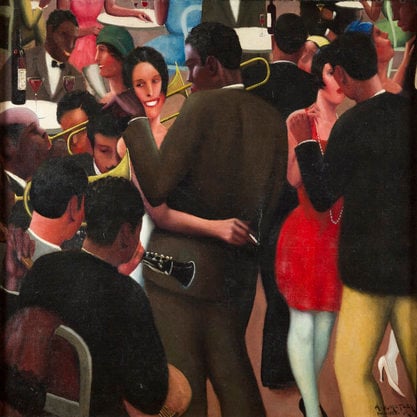Article
Bunting, Basil (1900–1985) By Copestake, Ian
Article
Basil Cheesman Bunting was a British poet, closely associated with Northern England and with late modernist poetics. A close friend of Ezra Pound’s, Bunting worked on the Transatlantic Review with Ford Madox Ford, but did not achieve widespread literary recognition until the 1950s and 60s. His most celebrated work is Briggflatts, an autobiographical long poem published in 1966.
Basil Cheesman Bunting was born in Scotswood-on-Tyne, Northumberland, on 1 March 1900, the son of Thomas Lowe Bunting, a local doctor, and Annie Cheesman, from a local mining family, and was educated at the Quaker schools of Ackworth and Leighton Park. This early pacifist background saw him arrested at 18 as a conscientious objector, and sentenced to imprisonment at Wormwood Scrubs and Winchester prisons. In the early 1920s, Bunting enrolled at the London School of Economics and began to experience London literary life. He left the School without a qualification and travelled to Paris. In 1923, while he was working on the Transatlantic Review under Ford Madox Ford, his influential friendship with Ezra Pound began.



